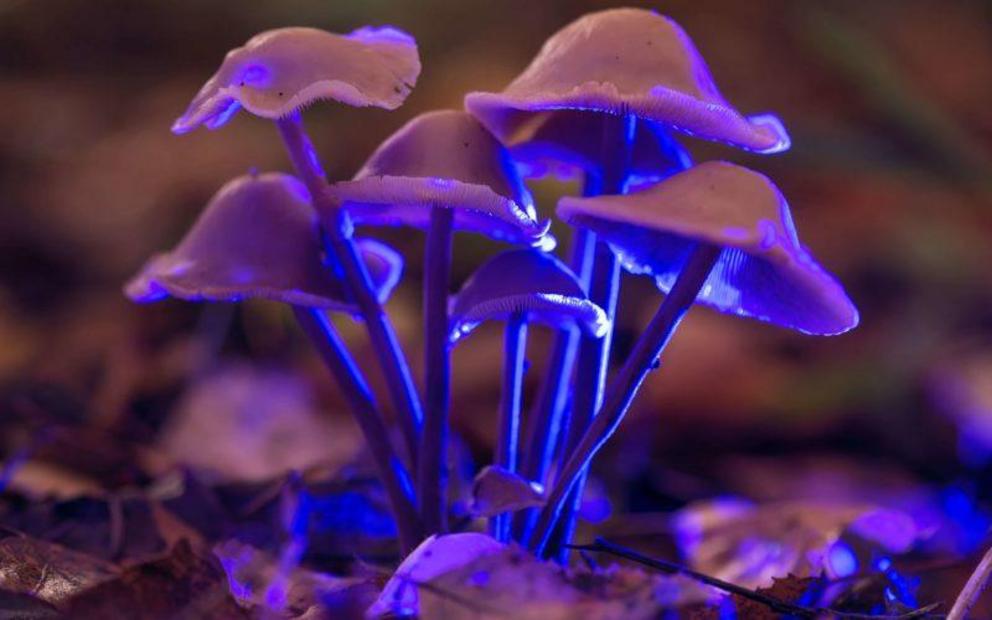Psilocybin causes ‘significant reduction’ in symptoms of depression, largest of its kind study shows
COMPASS Pathways psilocybin study shows a significant improvement in treatment-resistant depression symptoms.
At the American Psychiatric Association (APA) 2022 Annual Meeting that began on May 21 in New Orleans, Louisiana, COMPASS Pathways unveiled the “largest randomized, controlled, double-blind study of psilocybin therapy ever completed,” according to a May 24 press release, and the data shows “significant” improvements to treatment-resistant depression (TRD) symptoms.
Participants were given a single dose of investigational COMP360 psilocybin, in doses of 25 mg or 10 mg, compared to 1 mg in patients with TRD. For the study, 233 patients with TRD received either 1 mg, 10 mg, or 25 mg COMP360 psilocybin, along with psychological support from therapists. Symptoms of depression were calculated using the Montgomery-Åsberg depression rating scale (MADRS).
The MADRS system has been used in the world of psychiatry since 1979 and measures apparent sadness (despondency, gloom), reported sadness, inner tension (discomfort, turmoil, dread), reduced sleep, reduced appetite, and concentration difficulty, typically in a ten-item questionnaire.
The people who received a 25 mg dose of COMP360 psilocybin with psychological support experienced a “highly statistically significant reduction in symptoms of depression after three weeks.” The difference between the group that received 25 mg and the group that received 1 mg was -6.6 on the MADRS depression scale at week three.
The effects also lasted very long—for three months, in some cases. The findings show that psilocybin provides “a rapid and durable response for up to 12 weeks.”
Twice the number of patients who received 25 mg (20.3%) had a “sustained response” at week 12, versus those who received 1 mg (10.1%). Tolerability and adverse effects were both reported mostly favorably, despite some reports commonly seen in people with TRD such as self-injury, but it was typically over a month after treatment.
“Treatment-resistant depression is one of the biggest challenges we face in psychiatry, and chances of success decreases with each treatment that a patient tries,” said David J Hellerstein MD, a Principal Investigator on the trial and Professor of Clinical Psychiatry at the Columbia University Irving Medical Center. “It’s rare to see such positive outcomes of clinical trials in this disease area, which is why these results are so significant. I hope this represents a major step in finding new options for people living with treatment-resistant depression.”
Columbia University’s Department of Psychiatry said last year that its study is the “largest to date using psilocybin to treat depression in people who aren’t helped by existing therapies.” Tough challenges require thinking outside the box, in this case, with the active alkaloids from psilocybin mushrooms. Even Canadian Senator Larry Campbell admitted that he takes microdoses of psilocybin for the treatment of depression.
“Our mission is all about developing mental health innovations through scientific evidence, which is why we’re so honored to present the largest study of its kind at the APA,” said Dr. Guy Goodwin, Chief Medical Officer, COMPASS Pathways. “In this study, a significant number of patients experienced improvement in their symptoms of depression after just a single dose of 25 mg psilocybin with psychological support, with effects lasting for up to three months of the study. We now need to continue our research to understand if this can be replicated in even larger trials.”
COMPASS is based in London, with offices in New York City and San Francisco, with clinical studies in North America and Europe.
There’s a divide in beliefs surrounding serotonin reuptake inhibitors (SSRIs). While some say SSRIs are a life-saver, others say they instead create an unnatural imbalance of neurotransmitters. Only a doctor can give you the final answer to that, and it’s assumed that people with TRD have already ruled out SSRI drugs like Prozac, Paxil, Zoloft, and Celexa.
The study cites data showing that over 320 million people globally suffer with major depressive disorder (MDD). About a third of these patients—a whopping 100 million people—aren’t helped by existing therapies and therefore have TRD.
And the most sobering data point? As many as 30% of them attempt suicide at least once during their lifetime.
In any case, psilocybin presents an entirely new mechanism for controlling treatment-resistant depression. The APA will also hold an online experience June 7-10 in case you missed the May event in New Orleans.

